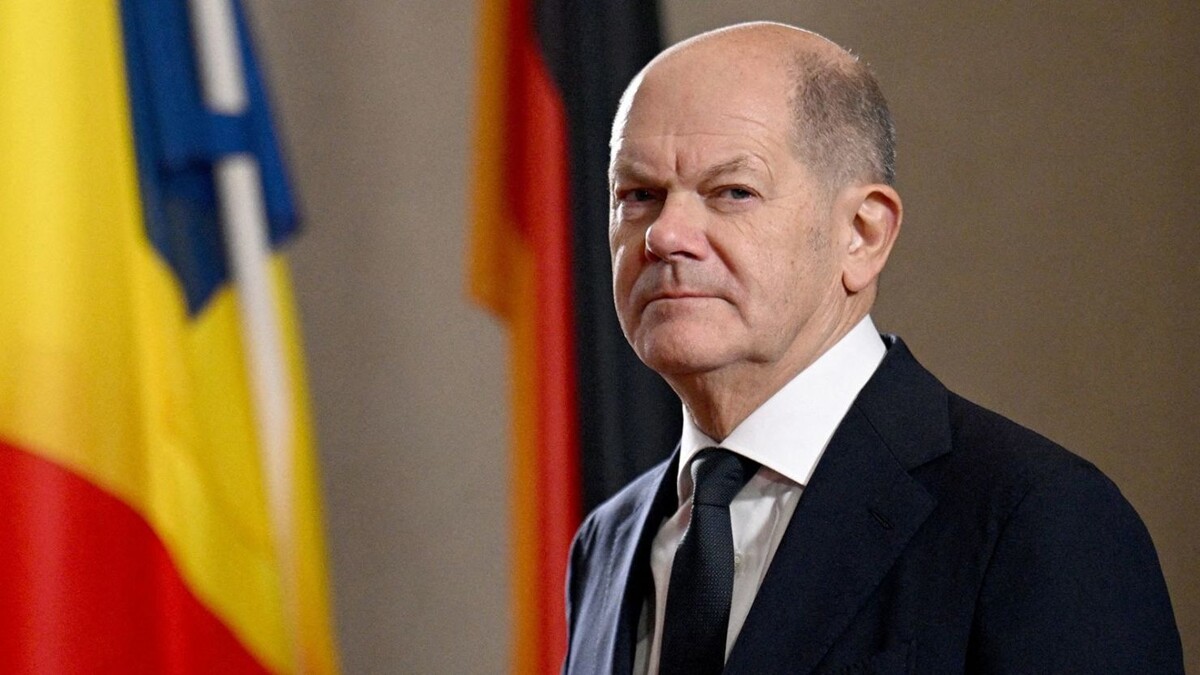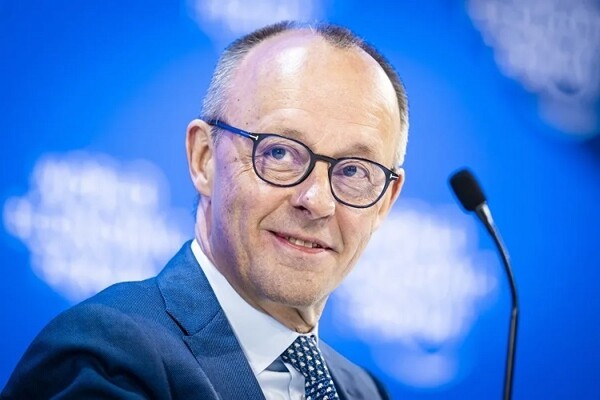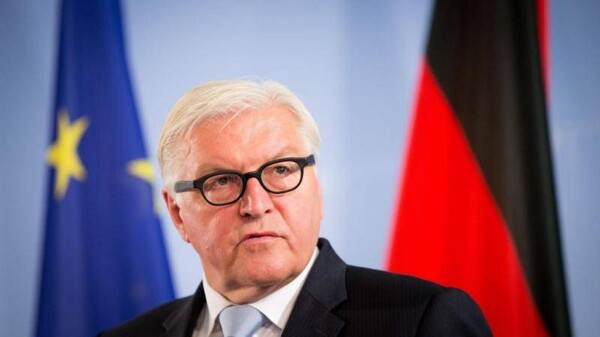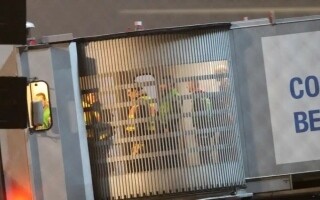
In the legislative elections in Germany, the conservative bloc formed by the Christian Democratic Union (CDU) and the Christian Social Union of Bavaria (CSU) has achieved a clear victory, leaving the Social Democratic Party of Germany (SPD) with no clear chances of maintaining the Chancellorship and marking a turning point in German politics.
The SPD, led by Chancellor Olaf Scholz, has garnered between 16% and 16.5% of the votes, a historically low result for the social democratic formation that for the first time has placed third in a general election, surpassed by the CDU/CSU and the far-right party Alternative for Germany (AfD). The rise of the AfD has been deemed unacceptable by Scholz, expressing his firm rejection of the results obtained by this extremist party.
The German political landscape now presents multiple possibilities for government formation. One option is the inclusion of the Sahra Wagenknecht Alliance (BSW), a new left populist force, which could force a tripartite alliance with the Greens. Another alternative would be a "German coalition" that includes conservatives, social democrats, and liberals from the FDP, as long as the latter manage to secure parliamentary representation.
Scholz's statements rejecting any alliance with the BSW due to deep differences regarding the war in Ukraine have set the direction to be followed in political negotiations. The Chancellor recognized the importance of congratulating the CDU/CSU for their electoral performance and pointed out that the results obtained by the SPD are bitter. With conservatives lacking a parliamentary majority, a complicated path toward the formation of a new government in Germany is anticipated.















